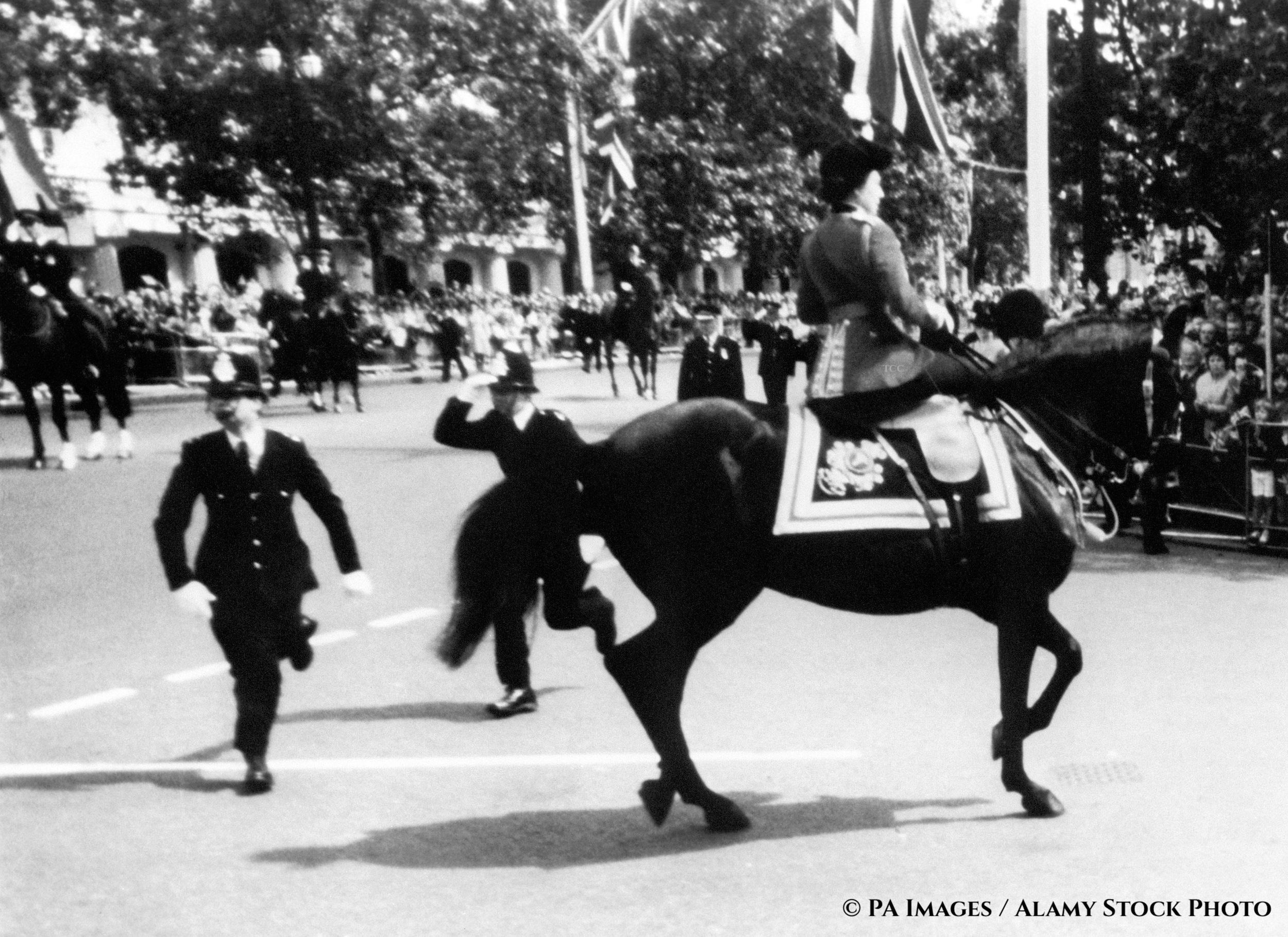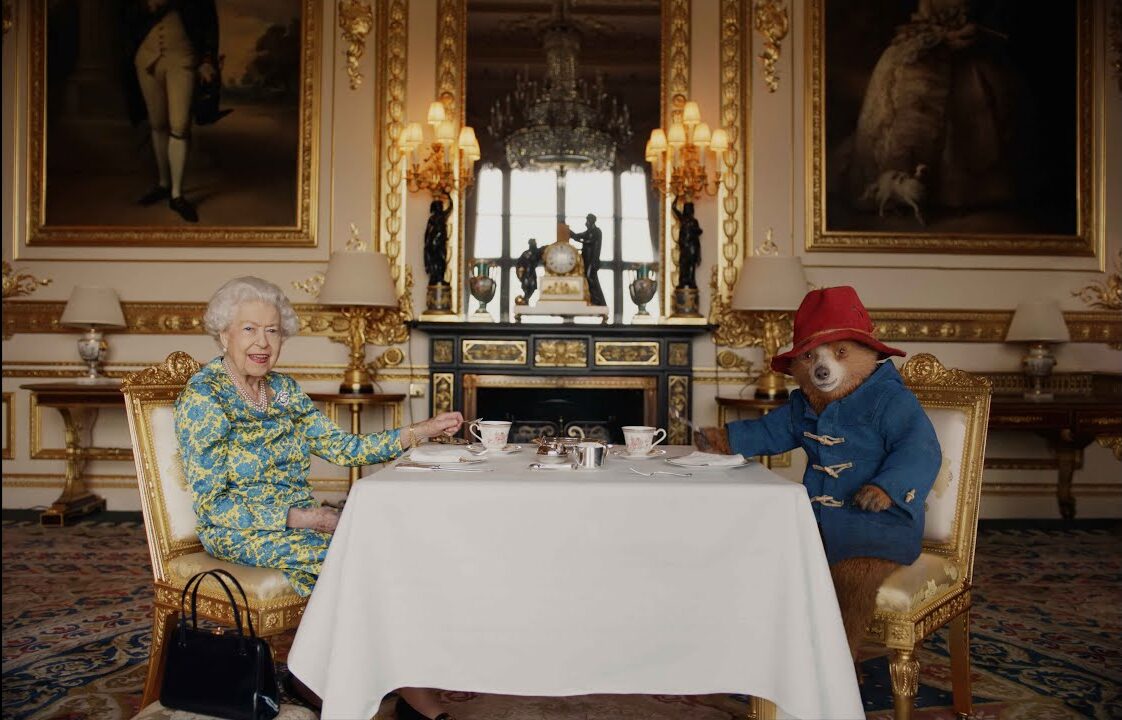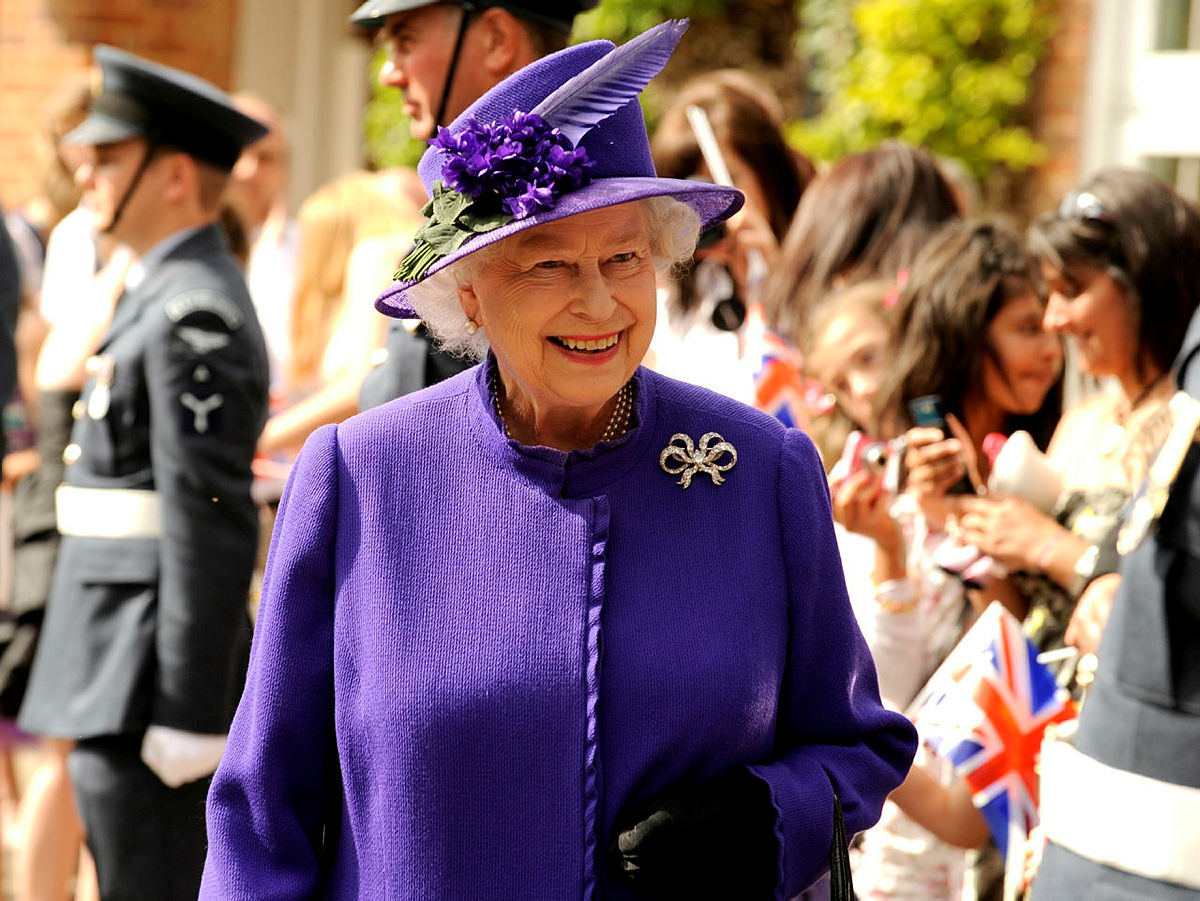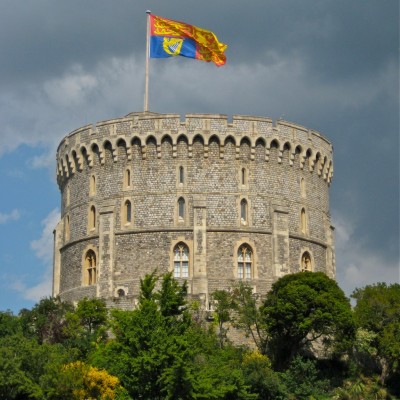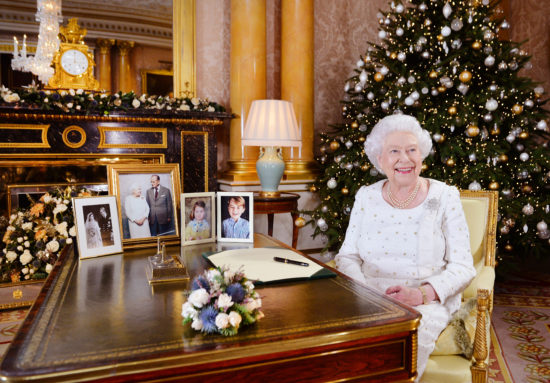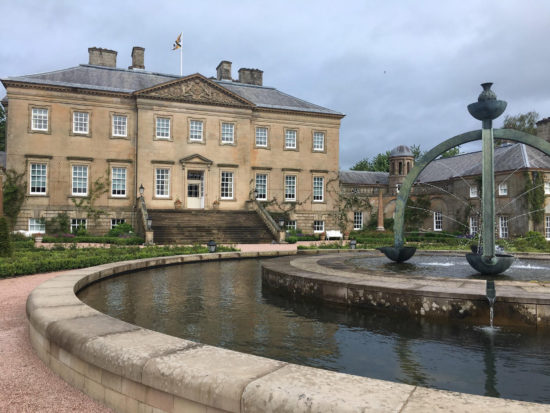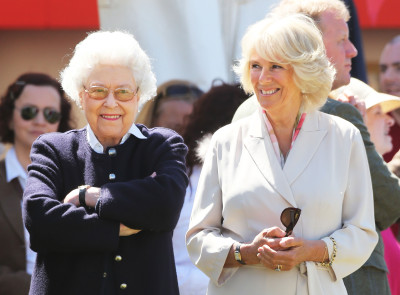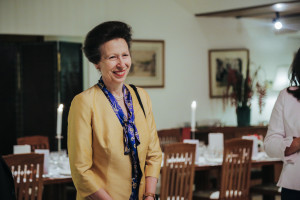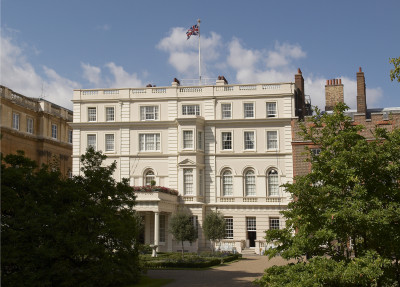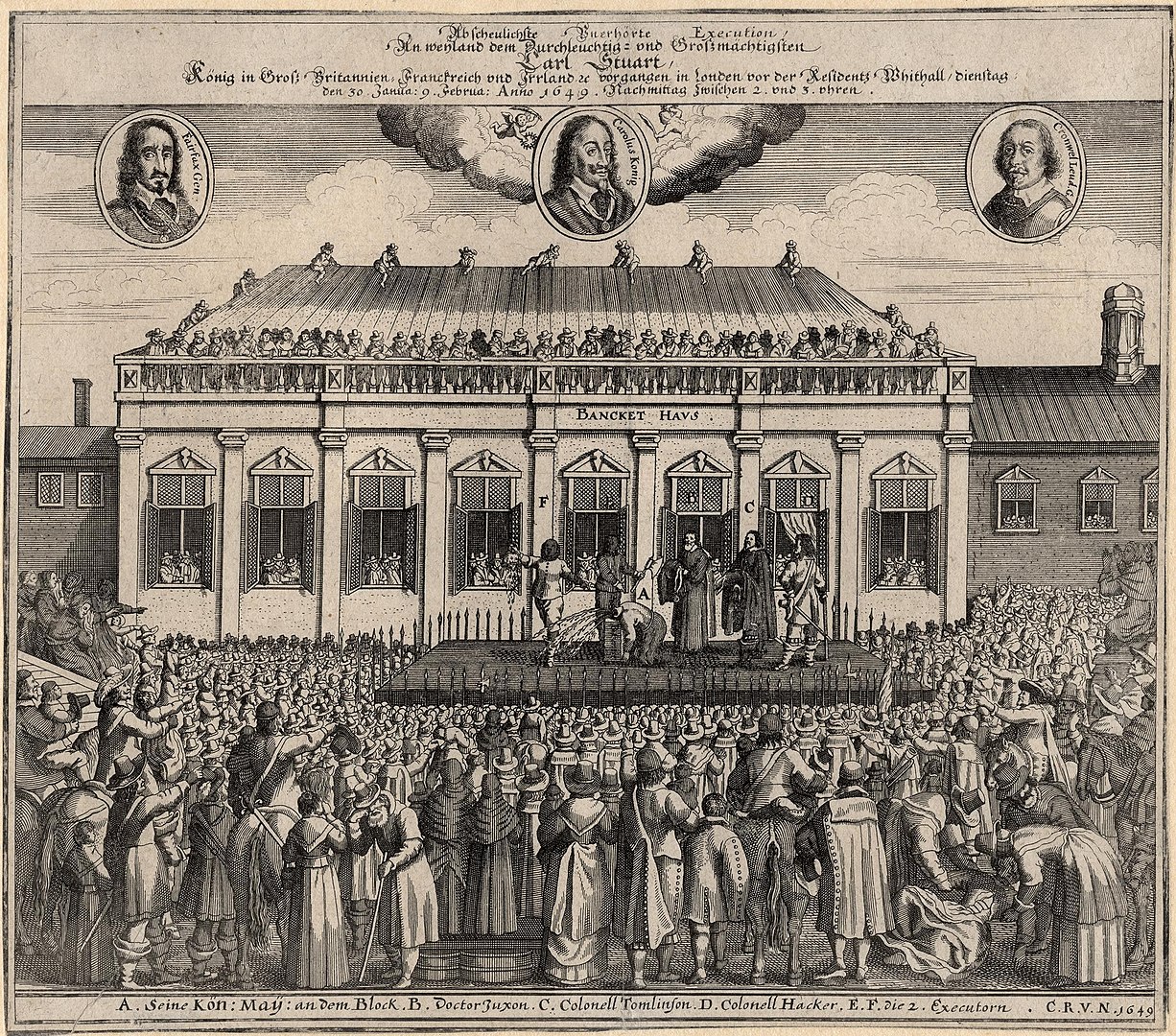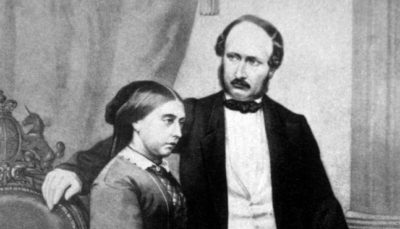Today The Queen rounded off her State Visit to Germany in a sombre fashion.
Her Majesty and The Duke of Edinburgh spent the morning in Berlin once more, and The Queen met a young boy dressed as a King. She loved his outfit and called it ‘marvellous’, as crowds continued to line the streets to see our Head of State.
A small group of youngsters were allowed on the other side of the barrier to give The Queen flowers, and one was dressed in a blue cape and crown.
The afternoon was a more sombre affair, as The Queen and Prince Philip visited Bergen Belsen, a notorious concentration camp in the west of Germany.
70,000 Jews, Russians and other prisoners died at the camp, and there are numerous memorials to the lives lost under the tyrannous Nazi Regime.
The Queen and Prince Philip asked to be scheduled time alone to contemplate and remember.
Mass graves populate the area, with some holding up to 5,000 people. Stone mark these graves giving the number of nameless victims buried there: “Here lie 2,500 dead…Here Lie 800… Here Lie 1,000,” with the date, April 1945.
No buildings remain at Bergen Belsen, just tributes to those who died from starvation, disease or exhaustion. Buildings were initially burnt down to stop the spread of disease, and then the rest was dismantled by Germans wanting to forget the horrific past.
Bergen Belsen was first a prisoner of war camp for Soviet prisoners; 20,000 prisoners died there. It next served as ‘exchange camp’ where ‘high-value’ prisoners war were held, as it was thought they might be exchanged for German prisoners. In the last two years of the war, death camps like Auschwitz and Treblinka in Poland became too overcrowded, and so camp inmates were transferred to Belsen.
It was the British who liberated this camp, on 15th April 1945.
Her Majesty and the Duke laid a wreath at the camp’s Inscription Wall, the largest memorial at Belsen. It commemorates every victim, from every country; the wreath bore the words: ‘To the memory of all those who died in this place.’
Next to the wall is a memorial to Anne Frank and her sister Margot, two of 70,000 who died at the concentration camp.
The Royal couple also met with some of the lucky ones who survived the concentration camps. Captain Eric ‘Winkle’ Brown entered the camp on the day it was liberated. The Queen asked him what the camp was like when he arrived.
‘I told her this was just a field of corpses,’ he said. The Queen replied: ‘It must have been horrific really.’
‘She was listening very carefully. I would say she was quite affected by the atmosphere here. You can’t avoid it, can you?’ said Captain Brown.
A corporal who liberated the camp also spoke to The Queen. Bernard Levy, 89, said: ‘The Queen asked me how horrible it was to be here but I didn’t want to dwell on the past, I just wanted to talk about the future, and about educating young people about what happened.’
Rudi Oppenheimer, 83, arrived at the camp aged 12; his brother and sister also survived, but his parents did not. The Telegraph reports his description of the camp:
‘People who came from Auschwitz said the conditions at Belsen were worse than at Auschwitz.
‘Things were really bad. Corpses were lying all over the place, we were too weak to move them and I suppose that they had already started to dig pits. There was a crematorium that could take two people at a time but there were so many bodies it wasn’t enough. The bodies were always naked because people would take their clothes to wear.
‘The food was a mug of brown water in the morning and in the evening, 4cm of bread. If you were lucky you got a litre of turnip soup at lunchtime, but usually we were spending 10 hours a day standing on the parade ground so they could count people.
‘I remember visiting my parents in the hostel barracks when they were ill and that was terrible. Those people never went to the loo, it all went into the mattress which was just a straw sack, and when someone died the next person would just be put on there. We were just animals I suppose.
‘When my parents died they were lying in the barracks and we just looked at them. They never said goodbye to us, they must have known they were dying but didn’t want to upset us.’
He said he was thrilled’ by The Queen’s visit, adding: ‘She is the head of the Army, they liberated the camp and they looked after all the inmates. Some of the British soldiers died from typhus as a result and it is important for her to honour them.’
‘I was just amazed that The Queen did all this. It still hasn’t sunk in, that I really got to meet the real Queen here.’
This was a historic moment for The Queen today, and clearly German people were moved by the gesture.
The Queen and Prince Philip fly home this evening, after a very successful State Visit.
Photo: Northern Ireland Office

